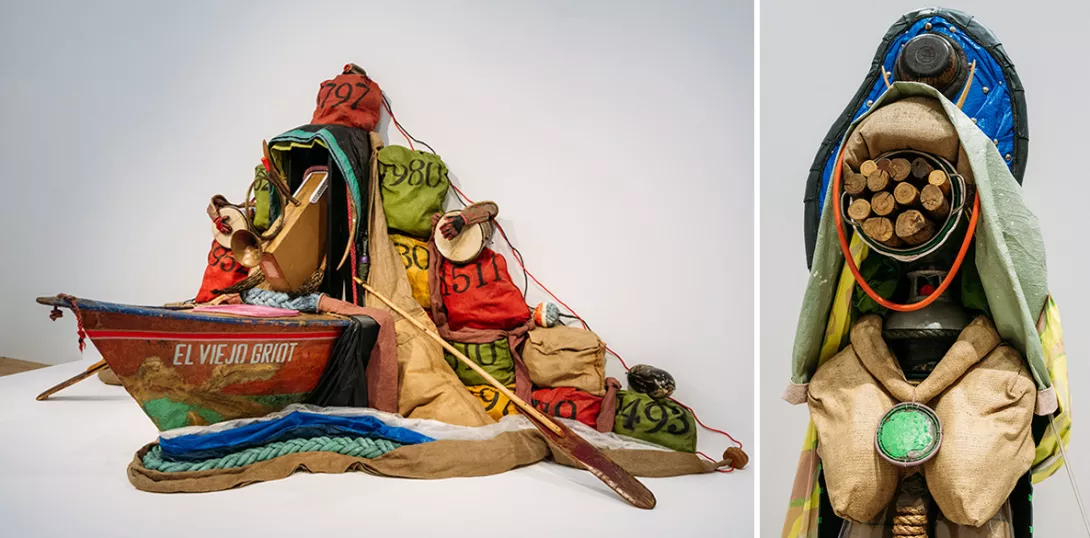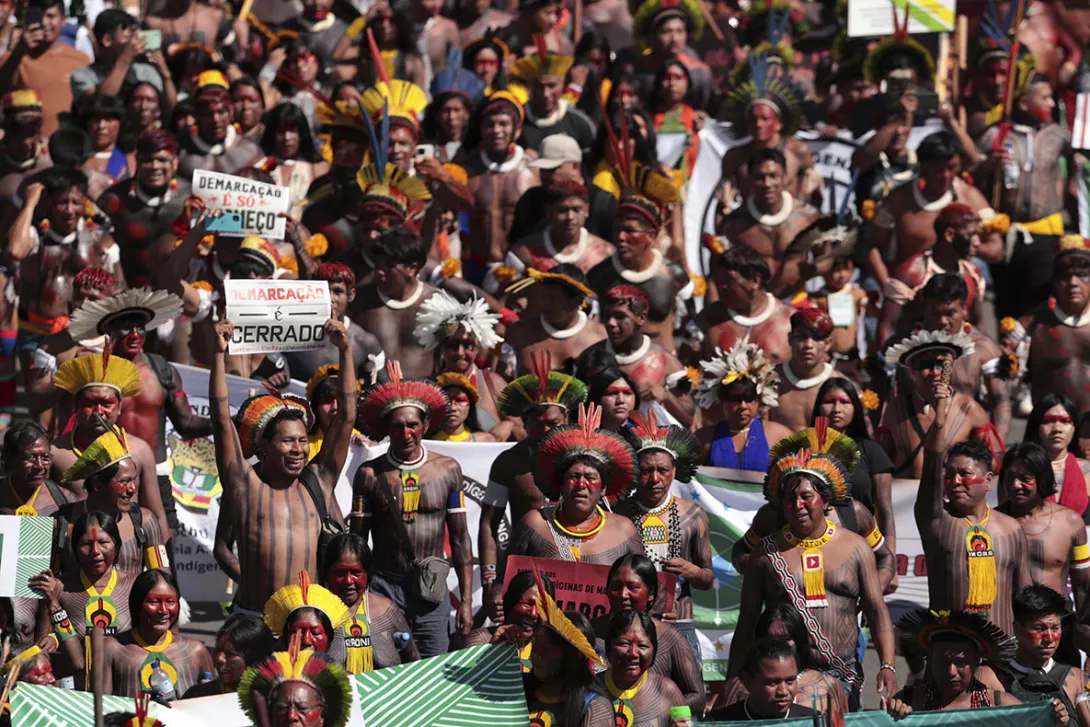ANDY HEDGECOCK relishes two exhibitions that blur the boundaries between art and community engagement
Lula’s toughest battle
RON JACOBS appreciates the suspenseful style of a biography of the path to Lula’s first presidency, and the lessons it contains for working class self-organisation
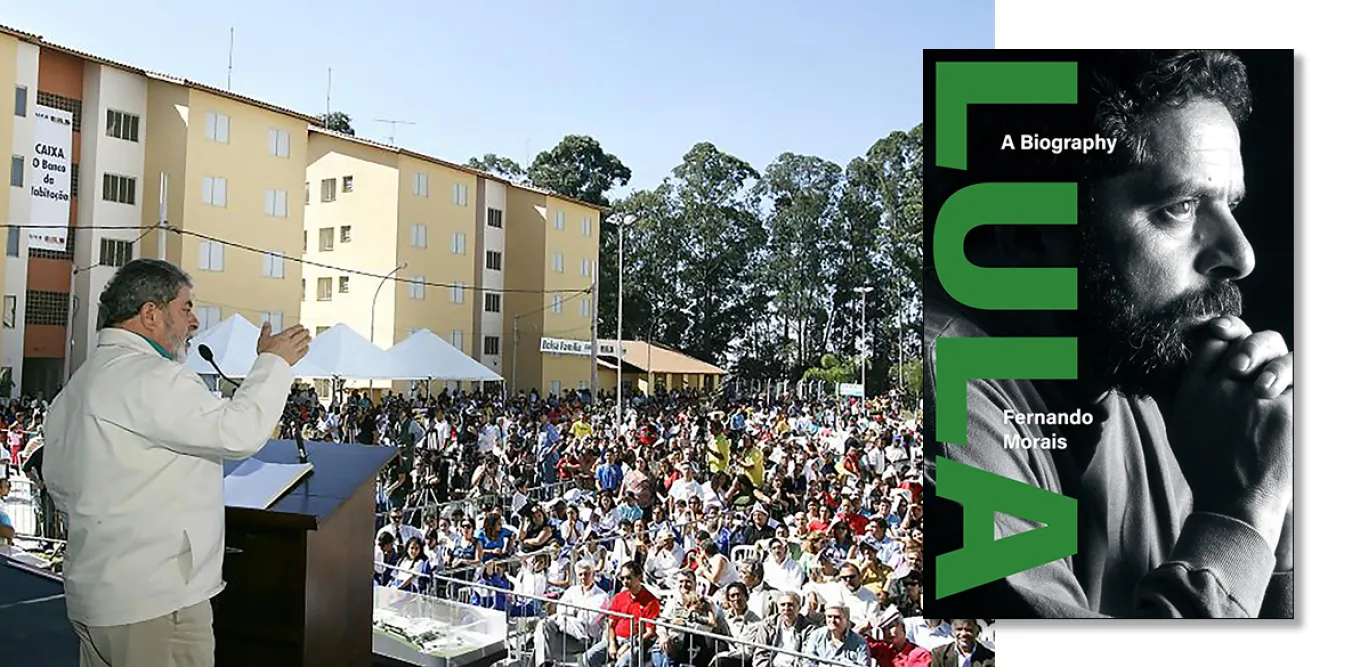
Lula: A Biography
Fernando Morais, Verso, £25
LAWFARE is a relatively new term. In essence, it is the weaponisation of bourgeois law, usually by the right wing.
In Latin America, lawfare has been mostly used to try to eliminate leftist opponents who operate within the confines of bourgeois law. Probably the best known use of this tactic is when Brazil’s far-right government of Jair Bolsonaro employed it against Brazil’s former president Lula.
A brief description of these attempts goes like this.
More from this author
The phrase “cruel to be kind” comes from Hamlet, but Shakespeare’s Prince didn’t go in for kidnap, explosive punches, and cigarette deprivation. Tam is different.
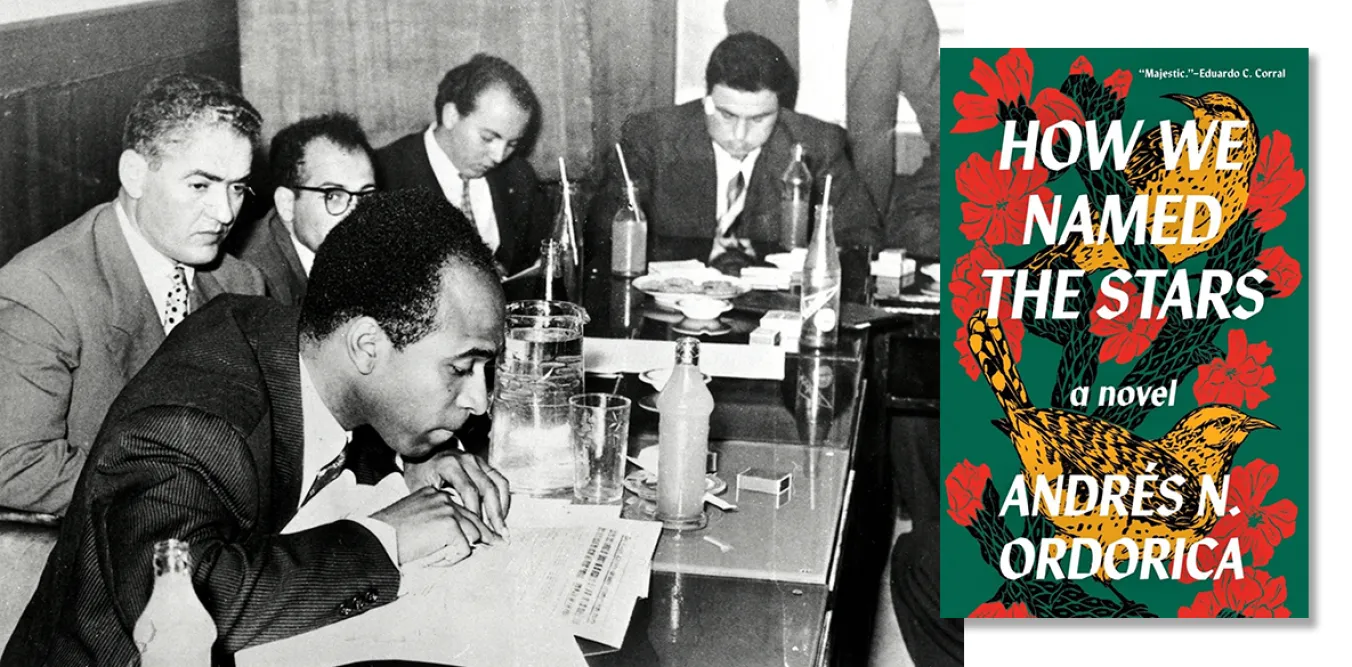
ANGUS REID deconstructs a popular contemporary novel aimed at a ‘queer’ young adult readership

A landmark work of gay ethnography, an avant-garde fusion of folk and modernity, and a chance comment in a great interview

ANGUS REID applauds the inventive stagecraft with which the Lyceum serve up Stevenson’s classic, but misses the deeper themes
Similar stories
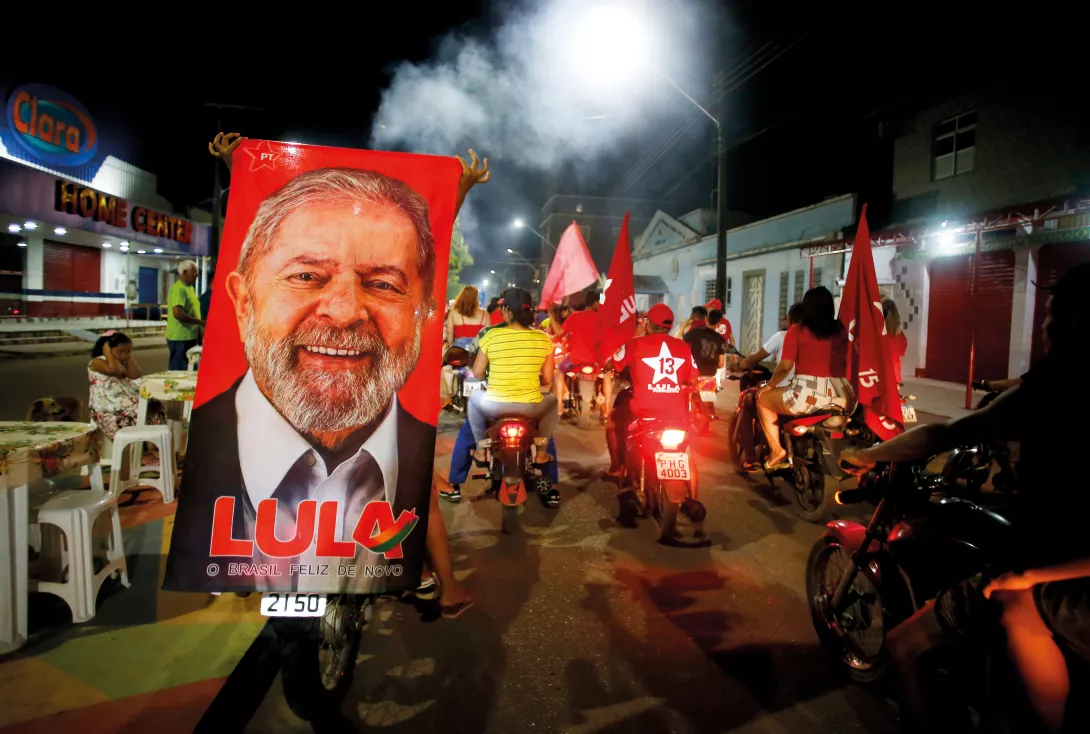
Labour NEC member JESS BARNARD hails the wave of progressive victories across the continent, looking at how governments from Brazil to Mexico are rolling back neoliberalism and improving millions of lives


